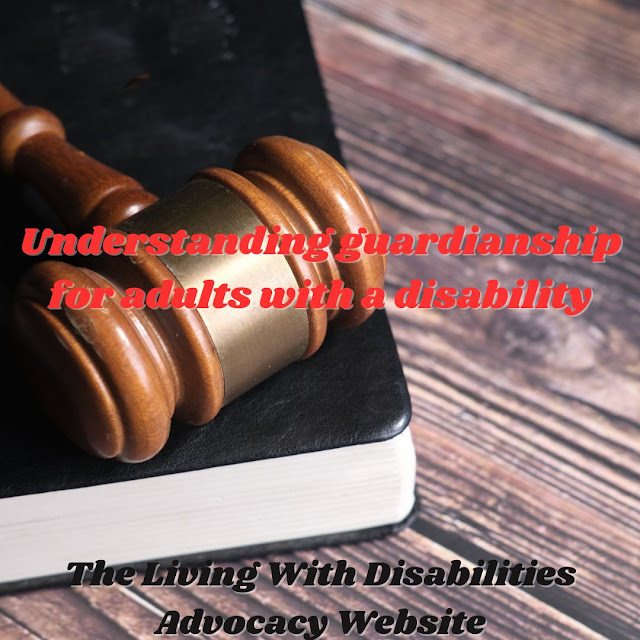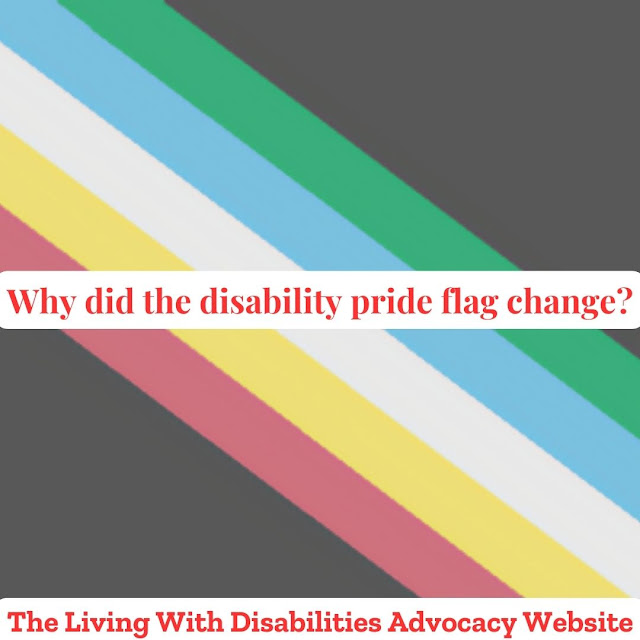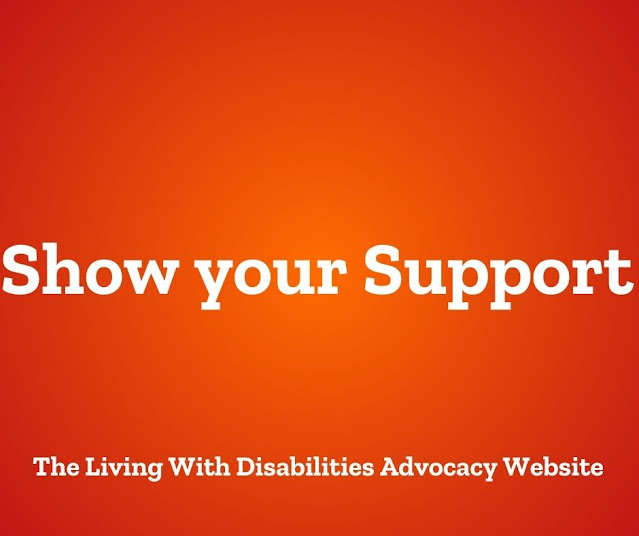Disability misconception in films
If you're a new visitor to this advocacy website, this page aims to increase public understanding of those with disabilities and other conditions.
We suggest you seek a licensed professional counselor or healthcare provider for anything you read on this site.
This week, Living With Disabilities will talk about misconceptions about characters with disabilities in films. Should able-bodied actors take on disabled characters, and why should people with these disabilities have these roles?
Lights, cameras, and actions Whoah, whoah, whoah, hold on here! Let's retake this shot. A brief interruption here: Living With Disabilities quickly directs what is happening in the screening of this title, Disability Misconception in Films.
It's great that disability is being seen on the big screen here. Yet are these characters actually people with disabilities or conditions? Some people who are able-bodied are about to disagree, and that is alright because this is a space to learn about disabilities and the disability community.
The host has seen many movies about characters with disabilities played by able-bodied actors; whether these actors have disabilities of their own was not mentioned. Yet they may have taken on other disabled character roles. Living with Disabilities will go behind the scenes and find out for you. Let's bring up a good one here: What's Eating Gilbert's Grape, Leonardo Dicaprio, and Johnny Depp? Two magnificent actors. Both actors have a disability or condition. But they didn't play their disability in the film What's Eating Gilbert's Grape. Leonardo has OCD, and Johnny Depp is blind in one eye and nearsighted in the other, which means he has a visual impairment. Erie Grape Leonardo Dicaprio's character was autistic in the film. Here the question should actors who are autistic be given the role because an actor who has autism knows more about living with autism? The role should be played by someone on the autism spectrum. Instead of someone who isn't because they are more knowledgeable about their disability, and vice versa.
Some people without disabilities might take offense to living with disabilities, but we're not here to argue about it. It's natural for someone to feel emotional when confronted with certain facts. However, I hope you'll be able to move past any discomfort and review the information again to fully understand the concept.
For this reason, a person without a medical condition or disability shouldn't play a disabled character. And people with disabilities know that disagreements might occur. Individuals with disabilities should not have to adapt to their job by trying to remember what it was like to have their condition or disability, as they are already aware of it. Since they live with it every day, it's not something that they can put away in a closet and forget about; it's a constant reminder.
Back in 1993, the Americans with Disabilities Act (ADA) prohibited discrimination against people with disabilities in various areas, including employment, state and local government, public accommodations, commercial facilities, transportation, and telecommunications. This is where What's Eating Gilbert's Grape comes in—employing actors is an occupation in film or television. This may or may not have been the first movie to display two or more actors with a disability or a condition on the big screens. But it did show that people with disabilities can act, regardless of whether they have their own disabilities.
In this case, Leonardo talked about how he prepared for his role as Erie back in 1995 on New York Today. He went to a home where they had about 15 different children with disabilities; they were all around his age. As he spoke, he videotaped them and researched them. He went over and over each individual with his director, Lasse Hallstrom, to figure out how he wanted his character to be. He continued to speak and said he made up how he wanted Erie to act. It wasn't the way the children in the house were living with their disabilities; Leonardo made up Erie himself.
Here is where the water will begin to boil and steam will begin to flow out of your ears. Should non-disabled actors portray characters with disabilities? No! Because it adds a valuable viewpoint to the development and telling of stories, many people without disabilities will not comprehend why people with disabilities should play disabled characters.
We're not finished here; there is more to this article than you least expected. Should non-disabled writers write scripts for disabled actors? Once again, the answer is no! because the scriptwriting should be left up to a person with a disability. To have a better understanding of this, it's like living in someone's shoes, but you're not living within that person's skin to get a feel for it. You have to have a full understanding, and to get that, you have to live with the disability 24/7. Otherwise, the script will come off as runny. There is no smoothness to the storyline. And a person who is disabled needs to come in and tidy things up. The bottom line here is that people with disabilities should be the ones writing and acting in these films; otherwise, there is misinterpretation. Playing a character with a disability should flow authentically.
Living With Disabilities Presents: The Advocacy Table
a space created for people with disabilities to be able to have freedom of speech and talk on different topics surrounding the disability community. To get more details, check out The Advocacy Table. To become a panelist, Write into the show and let the host know what topic you want to talk about. She will then send out a group email to all panelists after the show has reached five or ten people. After the show, a survey will be emailed to you, and we would love to get your feedback.
If you need online support, Disability Safe Haven is great for receiving support. The We Care Team is very protective of its members and asks everyone who joins, to have a profile picture and answer the security questions.
Another online support, Living With Cerebral Palsy, is great for people with cerebral palsy and for family and friends who want to learn more about different types of cerebral palsy and how to support their loved ones who have it. This group has open and closing hours and a 24/7 chatroom. Open and closing hours are based on United States time zones.
To become a guest on Living With Disabilities
https://docs.google.com/forms/d/e/1FAIpQLScN0j1lThH8KaknxmeXIESTBC5NJWJjj9V0jubnYT5yMAffiw/viewform?usp=sf_link
Video Reference
edicaprihoehttps://youtu.be/7dObbhSZLzM?si=WL0LGp5tWUkVT795
Podcast Link




Comments
Post a Comment